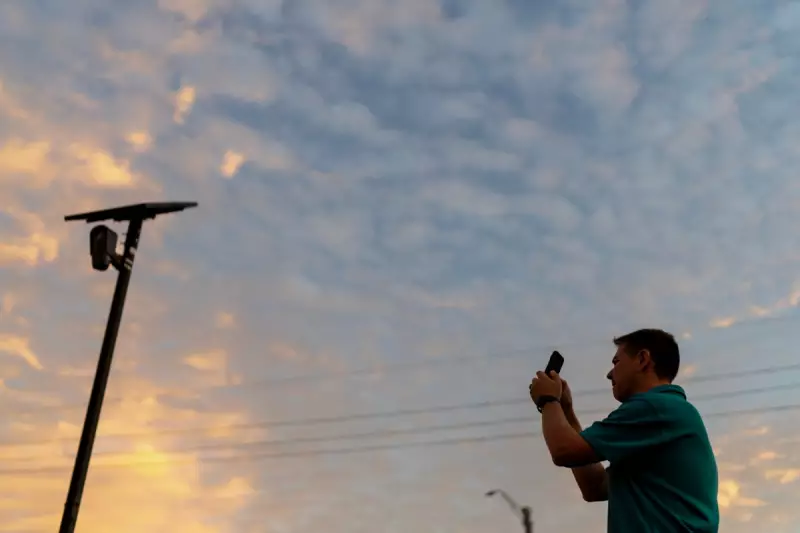
A group of Democratic lawmakers in the United States is mounting a legal challenge against a controversial Border Patrol programme that uses predictive intelligence to single out and detain drivers for suspicious travel patterns within the country.
Lawmakers Raise Alarm Over 'Invasive Surveillance'
Leading the charge, Senator Ed Markey of Massachusetts sent a formal letter on Monday, 24 November 2025, to the programme's parent agency. He branded the initiative an "invasive surveillance network" that poses a grave threat to individual privacy and civil liberties. Senator Markey expressed deep concern that the programme's operations may violate the U.S. Constitution.
In his letter, he drew a stark comparison, stating the pervasive surveillance is similar to tactics used by authoritarian regimes like China. He argued that such practices not only suppress lawful expression and assembly but also set a dangerous precedent for unchecked government power, eroding fundamental rights without transparency and clear limitations.
How the Secretive Programme Operates
The concerns follow an Associated Press investigation which revealed that U.S. Customs and Border Protection (CBP) is running a nationwide predictive intelligence programme. This system monitors millions of American drivers to identify and detain individuals whose travel patterns it deems suspicious.
The programme's methods are extensive. A network of cameras, sometimes concealed in ordinary traffic equipment, scans and records vehicle licence plate information. An algorithm then flags vehicles as suspicious based on their origin, destination, and the route taken. Furthermore, the agency aggregates data from other federal, state, and local law enforcement bodies, as well as from private companies.
This system, which has existed under both Democratic and Republican administrations, has led to drivers being stopped, searched, and in some cases, arrested. Federal agents often refer flagged drivers to local police, who then conduct a traffic stop for a minor infraction like speeding.
Constitutional Concerns and Legal Precedent
The legality of this mass surveillance is now under intense scrutiny. While courts have generally upheld the use of licence plate readers on public roads, they have restricted warrantless government access to other persistent location data, such as from GPS or mobile phones.
There is a growing argument from legal scholars and civil liberties groups that large-scale collection systems like this could be unconstitutional under the Fourth Amendment, which protects citizens from unreasonable searches and seizures.
Senator Markey's concerns were echoed by other prominent Democrats. Rep. Dan Goldman of New York, a member of the House Homeland Security Committee, took to social media to question how secretly tracking millions of Americans based on an algorithm, rather than evidence or warrants, aligns with the Fourth Amendment. He emphatically stated that "driving isn't probable cause" and demanded immediate congressional transparency.
Similarly, Virginia Senator Mark Warner, the top Democrat on the Senate Intelligence Committee, voiced his constitutional worries. He highlighted that Americans travelling during the holiday season should not have to fear becoming law enforcement targets simply based on their movements.
In response to requests for comment, CBP did not immediately reply. However, the agency has previously defended the programme, stating it uses the technology to identify threats and disrupt criminal networks. CBP insists its actions are governed by a stringent policy framework and federal law to ensure responsible use for defined security purposes.





